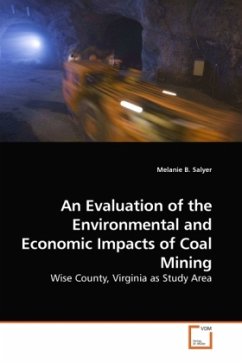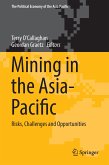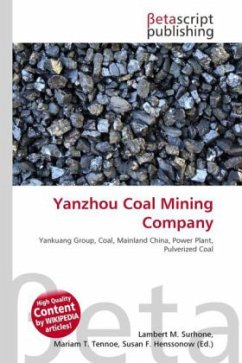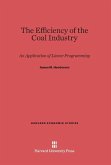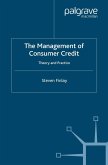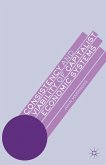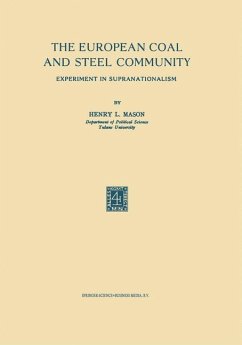Coal mining has been and continues to be a large industry in southwestern Virginia, along the Appalachian Mountains, and more specifically in Wise County. Much controversy concerning the environmental impact of mining surrounds this industry. However, this industry also brings vast economic benefit to communities. This research analyzes the Flat Gap mine site, an active mine site in which coal is being extracted today and in which no post-mine operation reclamation to the land has taken place, to determine if the economic benefit offsets change to the natural vegetative state of the land that occurs during the coal extraction process. More specifically, this research reveals an inverse relationship between the vegetative state of the land and the total amount of coal extracted from the land. This research also discloses that among the auger, surface, and underground methods of mining, the underground mining method distresses the natural vegetative state of the land most during the mining process.
Bitte wählen Sie Ihr Anliegen aus.
Rechnungen
Retourenschein anfordern
Bestellstatus
Storno

